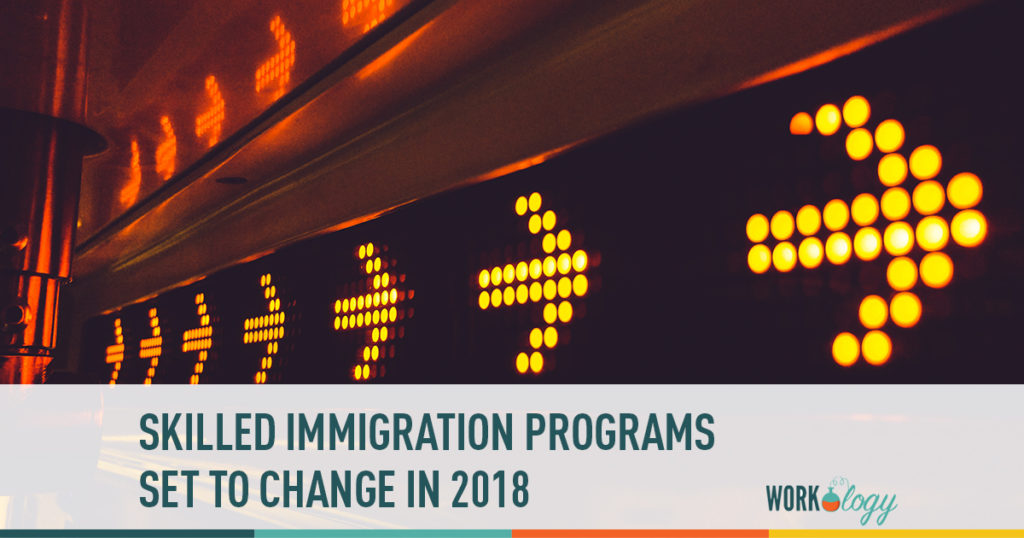The Trump administration’s future immigration intentions were recently announced in their semi-annual Unified Agenda. The Unified Agenda includes a list of potential regulations that federal agencies are working on for the upcoming year. The declaration reveals the administration’s intentions to reverse immigration benefits from the Obama administration and put stricter limitations on nonimmigrant visa categories, including the H-1B, H-4, and Optional Practical Training (OPT) for F-1 students.
Skilled Immigration Programs to Change
The agenda specifies the administration’s intent to make the following policy changes in connection with Trump’s “Buy American, Hire American” executive order:
H-1B Eligibility
To “boost the focus on actually attaining the best and brightest,” the definition of “specialty profession” for H-1B visa purposes needs to be changed. In order to better safeguard American employees and wages, the proposal would also “revise the concept of employment and the employer-employee relationship.” This covers “new criteria to ensure firms pay H-1B visa holders appropriate salaries.” Additionally, H-1B dependent firms that depend on sizable H-1B workforces and those employers that have H-1B employees working off-site would be subject to extra restrictions under the regulation.
H-1B Lottery
Adjusting the electronic lottery selection method to give visas to the “most skilled or highest-paid petition beneficiaries” and creating an electronic pre-registration program for cap-subject H-1B applicants.
H-4 Work Authorization
the repeal of the rule allowing H-4 visa holders, who are the spouses of H-1B visa holders, to request work authorization. The Obama rule, which has granted work permits to thousands of H-4 spouses, will be repealed, the Trump administration has already stated.
OPT for F-1 Students
improving safeguards for American employees who might be impacted by the employment of foreign students, as well as reducing fraud in the OPT program for foreign students (which permits foreign students to work in the U.S.). Plans call for limiting student employment options and ending Obama’s STEM-OPT extension regulation, which extends the period of time during which international students with STEM degrees from the United States may work from 17 to 24 months.
None of the aforementioned immigration programs are currently modified by these announcements, and any changes to immigration law must be made through publication of a notice and request for comments on a proposed rule in the Federal Register. This implies that before a policy change takes effect, people and businesses that could be impacted by it will have a chance to make opinions to the government.
The administration might not have enough time to implement reforms to the H-1B visa program in time for this year’s filing season because the notice/comment process can generally take more than six months (which begins on April 2, 2018).







